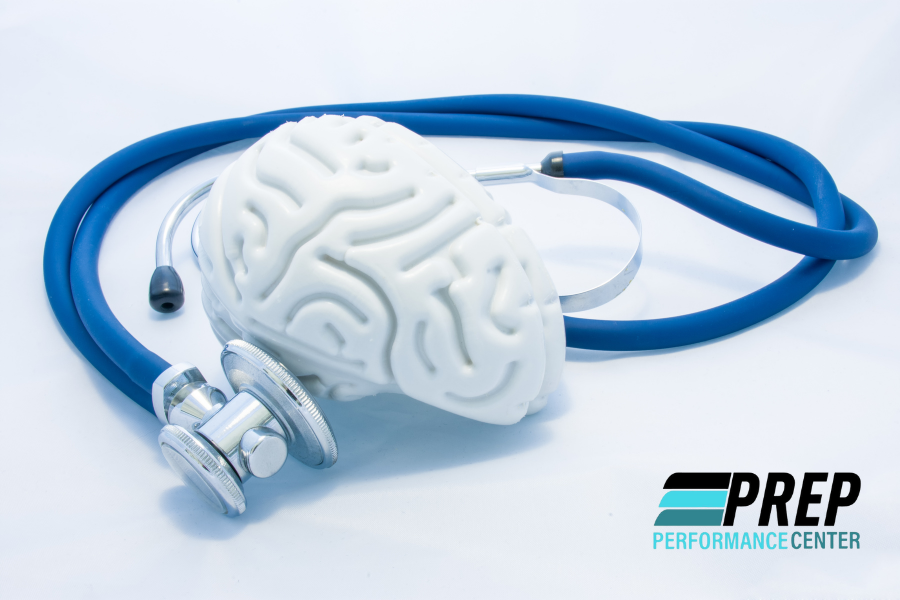What is a concussion?
A concussion is a type of traumatic brain injury (TBI), meaning an injury to the head that affects how the brain functions. Typically, a concussion is caused by an outside force, usually a blow to the head that “shakes” the brain causing chemical changes and/or damage to brain cells. There are three levels to a concussion: Grade 1 (mild), Grade 2 (moderate), and Grade 3 (severe). While there are different severity levels of concussions, even the mild cases should be taken seriously and should seek out attention from a medical professional.
What are the signs and symptoms of concussions?
The symptoms of a concussion vary among the situation and the extent of the injury. Below is Table 1 from the Center for Disease Control and Prevention of the observed signs and reported symptoms post-concussion. The signs and symptoms of a concussion are not limited to those on this list, everyone’s situation is different meaning there will be different outcomes of the injury.
Table 1: Center for Disease Control and Prevention (CDC)
What is the recovery process?
Whether you’re an athlete or not, you must follow a return program to ensure you are safely returning to play, school, or work. A concussion doctor in Chicago, a physical therapist, and physician will work with you to create a plan and therapy guide for your recovery. Typically, there will be a process along the premises of rest, light activity, moderate activity, then back to regular activity.
How can I prevent concussions?
Prevention is crucial for concussions since the severity of a concussion increases with each injury. Depending on the sport, there are specific prevention measures you can ask your physical therapist about to reduce the risk of injury. Below a general list of things to keep in mind when going through your day to day.
-
Wearing protective gear during sports and other recreational activities
-
Buckling your seatbelt
-
Keeping the floors clear of tripping hazards
-
Protect your children in the home (For Example: block off stairways or installing window guards)
-
Exercise regularly
-
Educating yourself and others about concussions
References:
https://www.cdc.gov/
https://www.mayoclinic.org/
https://www.hopkinsmedicine.org/
Call today or schedule your individual phone consultation with a Doctor of Physical Therapy. You may also book for an appointment today.


